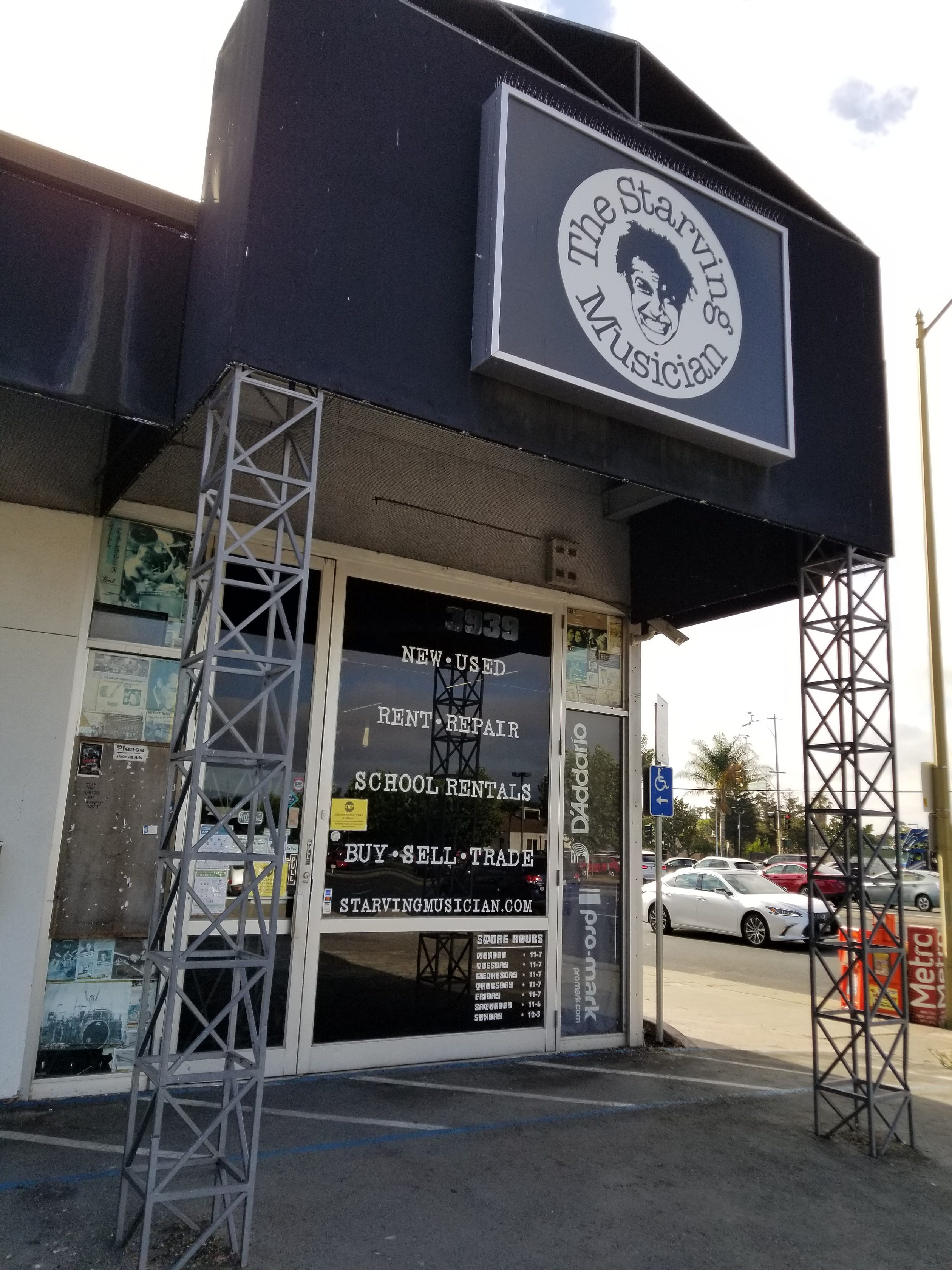I am a member of a society with well defined moral and ethical standards that are accepted, internalized, and enforced by all members of that society. These moral and ethical standards have been developed to facilitate safe productive living in a global, pluralistic, interdependent society. Although they are a distributed resource, in that there is no single entity or guy in a fancy dress telling us what to do, they are nevertheless strongly maintained by law, custom, and personal interaction. Even a minor transgression will be confronted, by anything from a raised eyebrow, a social media troll, to a lawsuit. The reasonable Gods in this society have adopted these ethical and moral structures and overlaid a gloss of their particular theological tenets.
It is no accident that the village or parish is the basic unit of human society. Our monkeysphere is about 150-200 people whose behavior we can affect with the subtle social cues (the raised eyebrow, frown, or quick smile ) to say that behavior is or is not in accordance with the morals of the society. That is, what our common moral tendencies tell us is right. The morality of the village is pretty well solidified by Fulghum's Kindergarten but is malleable with difficulty at any age.
Morality is universal. How we treat each other defines the morality of all human interactions. Nodding to a stranger on the street is a moral interaction. As is giving a person a wide berth on the sidewalk. It is actions like these that define "my society." Moral absolutism and moral relativism are both mistaken arguments. Common moral tendencies have nothing at all to do with don't do this or that to another unknown human (which is my argument with the moral sense tests.) The common moral tendencies are of the form do whatever is mandated by the (fairly local) society the individual is a part of.
When God transgresses these standards, by for example by preaching hatred of minority groups that are respected members of the society, we will and indeed must call the God wrong. And we will be right to do so. A dysfunctional God gets no free pass in a reasonable society simply because someone has faith in Herm. Even a supernatural omnipotent alpha humanoid has to wipe Herm feet when coming in out of the mud, say "thank you for your hospitality" to Herm host, even if that host is a hated minority, and generally comply with the host's society's moral standards. The Christian God the Son would probably fit in quite nicely. His Father would be better off staying out there in the supernatural ether called Hell.
As one moves beyond ones parish or village, it becomes necessary to choose among the society values including the morals of the various societies one comes in contact with. One's job will have one set, church another, and school still another set. In the complex intertwined societies of the modern world it becomes necessary to be aware of the local moral structure so you don't violate it inadvertently. One may violate it intentionally or ignore it, but one must know why and how to cover up if necessary. From there it is an easy step for a thoughtful person to choose common moral structures "Love thy neighbor..." "Do unto others..." and less common ones that may be necessary for one's self respect as defined by one's chosen society, which ultimetely comes down to the monkeysphere one choses. This may be a village or a church or ones "friends" on social media.
Where these groups are local, isolated and stable almost anything can be moral, witch burning, infanticide, child sacrifice, killing everybody in the next village except the virgins. As a social group whether a church, a political movement, a corporation, or a social media cult, grows beyond a monkeysphere much the same thing happens. The leader(s) becomes isolated from the group culture, and imposes herm personal morality or lack thereof on the group by charisma, fear, or example.




